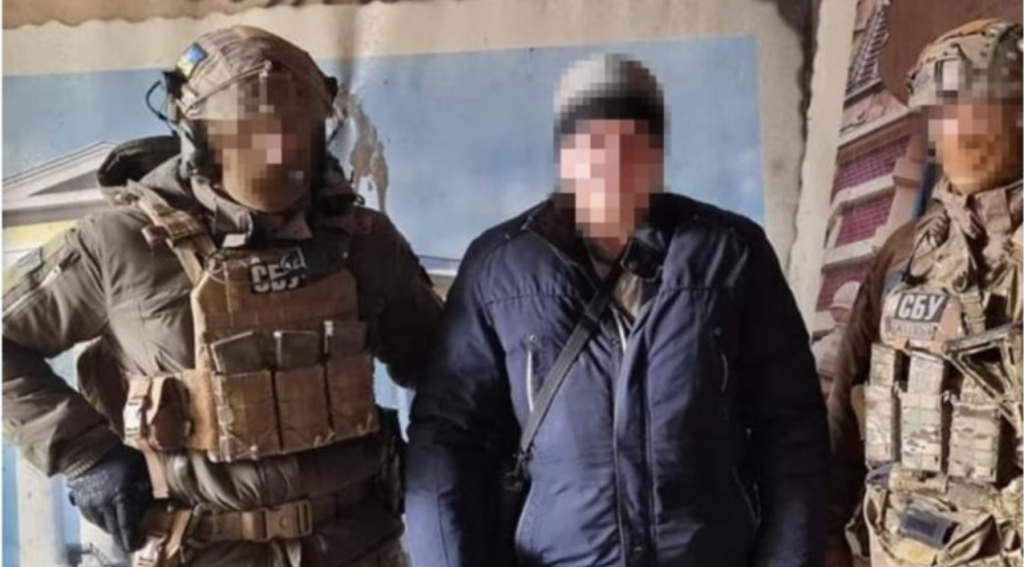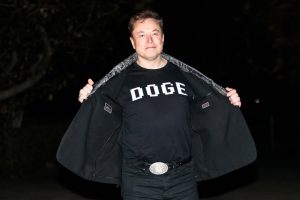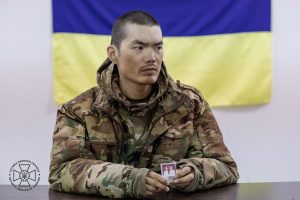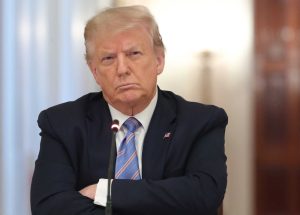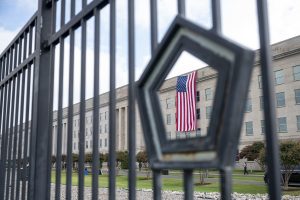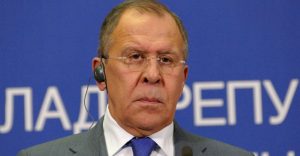Ukraine’s Security Service (SBU) has exposed and detained a high-ranking officer within its own ranks.
Others are reading now
The Security Service of Ukraine (SBU) has uncovered and detained the head of the headquarters of the SBU Anti-Terrorist Center, accusing him of spying for Russia.
The SBU press service announced the arrest, revealing that investigators documented 14 instances of illegal activity carried out in Russia’s favor. The head of the department personally briefed the President of Ukraine at every stage of the special operation.
Spies Inside Ukraine’s Security Forces
“It was an extremely complex case that required a multi-step operation. We employed all available overt and covert techniques, along with the full spectrum of operational and technical measures. Using encrypted software, we infiltrated the traitor’s devices—mobile terminals, computers. We essentially shadowed him, conducting audio and video surveillance. This allowed us to thoroughly document his collection and transmission of classified information to the enemy,” said Vasyl Malyuk, head of the SBU.
The SBU also reported that for an extended period, they used the traitor to feed disinformation to Russia—initially as part of counterintelligence efforts and later within criminal investigations.
Also read
“The SBU’s internal cleansing continues. No matter how hard the enemy tries to infiltrate our ranks, we detect, document, and neutralize them in a timely manner,” Malyuk emphasized.
Exactly one year ago, SBU counterintelligence dismantled a Russian spy network that included former and active officials from Ukraine’s Main Intelligence Directorate, the Foreign Intelligence Service, and a regional SBU department employee.
During a coordinated multi-region operation, five members of the spy ring were arrested. This network had been passing strategic intelligence to Russia, including details on Ukraine’s Defense Forces and critical energy infrastructure. The agents were reportedly in direct contact with FSB operatives based in Russian-occupied Crimea.
In November, the SBU apprehended a high-ranking mole—a lieutenant colonel and commander within Ukraine’s Special Operations Forces (SSO).
Investigators determined that Russia’s GRU had recruited the SSO officer before the full-scale invasion. By spring 2024, a GRU handler began issuing directives, instructing him to leak classified battle plans of Ukraine’s Defense Forces operating behind enemy lines.
Russian intelligence was particularly focused on Ukrainian sabotage and reconnaissance missions in Zaporizhzhia, Kherson, and Crimea. They sought intelligence on planned troop movements, weaponry, and operational targets of Ukrainian forces.
The SBU reported that Russia intended to use this information to ambush and eliminate Ukrainian special forces on the front lines or in occupied territories. The agent also leaked information on other Ukrainian military units to his Russian handler.

